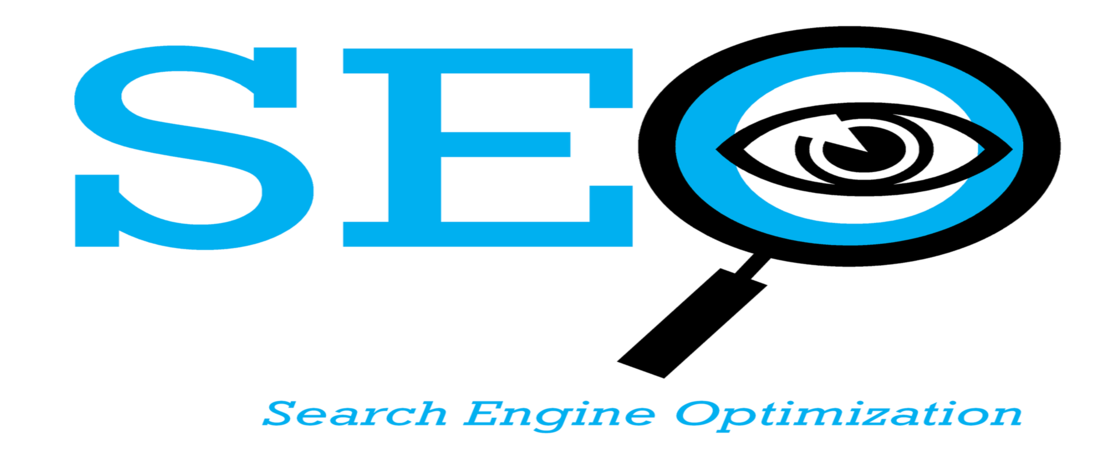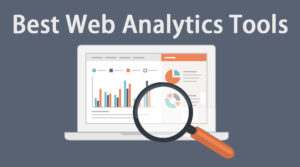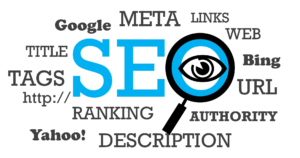Are you struggling to find all the web pages of your website? Do you want to improve your website’s SEO? If yes, then you have come to the right place. In this article, we will provide you with a complete guide on how to find all the web pages of your website and optimize them for better search engine ranking.
Introduction
As a website owner, it is essential to know all the web pages of your website. However, as your website grows, it becomes challenging to keep track of all the pages. The best way to find all the web pages of your website is to use SEO tools. In this article, we will discuss the different ways to find all the web pages of your website and optimize them for better search engine ranking.
The SEO Guide to Finding All Web Pages of a Website
Finding all the web pages of your website can be a daunting task, especially if you have a large website. Here are some ways to find all the web pages of your website.
Use a Sitemap
A sitemap is a file that lists all the web pages of your website. It helps search engines to crawl and index your website’s pages. You can create a sitemap using various online tools such as XML Sitemap Generator, Screaming Frog, or Google Search Console.
Use Google Search
Google Search can help you find all the web pages of your website. Type “site:yourdomain.com” in the Google search bar and press enter. It will display all the pages of your website that are indexed by Google.
Use Website Auditor
Website Auditor is an SEO tool that helps you find all the web pages of your website. It crawls your website and generates a report that lists all the pages of your website.
Use Ahrefs
Ahrefs is an SEO tool that provides you with insights into your website’s backlink profile, organic search traffic, and more. It also has a site explorer feature that helps you find all the web pages of your website.
Use Google Analytics
Google Analytics is a web analytics tool that helps you track your website’s traffic and user behavior. It also has a feature that shows you all the pages of your website that have been visited by users..
Use Robots.txt
Robots.txt is a file that tells search engine crawlers which pages or files they can or cannot request from your website. You can use this file to restrict crawlers from accessing certain pages of your website.
How to Optimize Web Pages for Better SEO?
Now that you have found all the web pages of your website, it’s time to optimize them for better search engine ranking. Here are some tips to optimize your web pages.
Use Relevant Keywords
Keywords play a vital role in SEO. Use relevant keywords in your content, title, meta tags, and URL. However, avoid keyword stuffing, which can lead to a penalty from search engines.
Write Quality Content
Content is king in SEO. Write high-quality, informative, and engaging content that solves the user’s queries. Make sure your content is unique and relevant to the user’s search intent.
Use Meta Tags
Meta tags provide information about your web pages to search engines. Use relevant meta tags such as title tag, meta description, and header tags to improve your website.
Optimize Images
Images play a crucial role in SEO. Optimize your images by using relevant alt tags, compressing them for faster loading, and using appropriate file names.
Improve Website Speed
Website speed is a crucial factor in SEO. Improve your website speed by optimizing images, reducing HTTP requests, minifying CSS and JavaScript, and using a content delivery network (CDN).
Build Quality Backlinks
Backlinks are essential for improving your website’s SEO. Build quality backlinks from high-authority websites by creating high-quality content, guest posting, or participating in link-building campaigns.
FAQs ( Frequently Asked Questions)
Can I find all the web pages of my website manually?
Yes, you can find all the web pages of your website manually, but it will be a time-consuming task, especially if you have a large website. Using SEO tools is a more efficient and faster way to find all the web pages of your website.
How often should I update my sitemap?
You should update your sitemap every time you add or remove pages from your website. This will help search engines to crawl and index your website’s pages more efficiently.
Why is website speed important for SEO?
Website speed is important for SEO because it affects user experience. A slow website can lead to high bounce rates, which can negatively impact your website’s search engine ranking.
Can I use the same keywords on all web pages of my website?
It is not recommended to use the same keywords on all web pages of your website as it can lead to keyword stuffing, which can lead to a penalty from search engines. Use relevant keywords that are specific to each page.
How can I improve my website’s backlink profile?
You can improve your website’s backlink profile by creating high-quality content, participating in link-building campaigns, guest posting, and networking with other website owners.
Is it necessary to use meta tags on all web pages of my website?
It is not necessary to use meta tags on all web pages of your website, but it is recommended to use them on important pages such as the homepage, product pages, and landing pages.
Conclusion
Finding all the web pages of your website is crucial for improving your website’s SEO. Use SEO tools such as sitemaps, Google Search, Website Auditor, Ahrefs, and Google Analytics to find all the web pages of your website. Optimize your web pages for better search engine ranking by using relevant keywords, writing quality content, using meta tags, optimizing images, improving website speed, and building quality backlinks. By following these tips, you can improve your website’s SEO and drive more organic traffic to your website.



